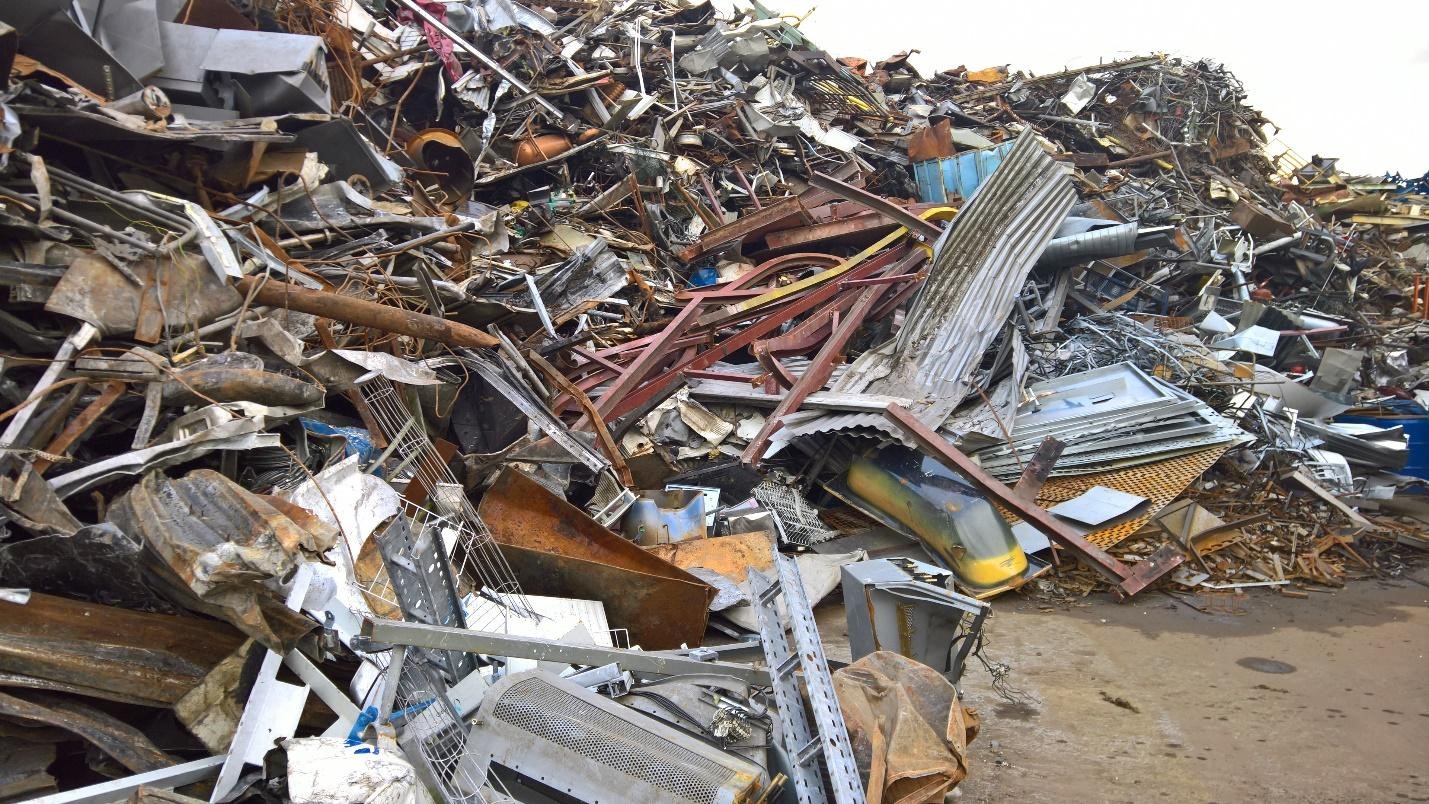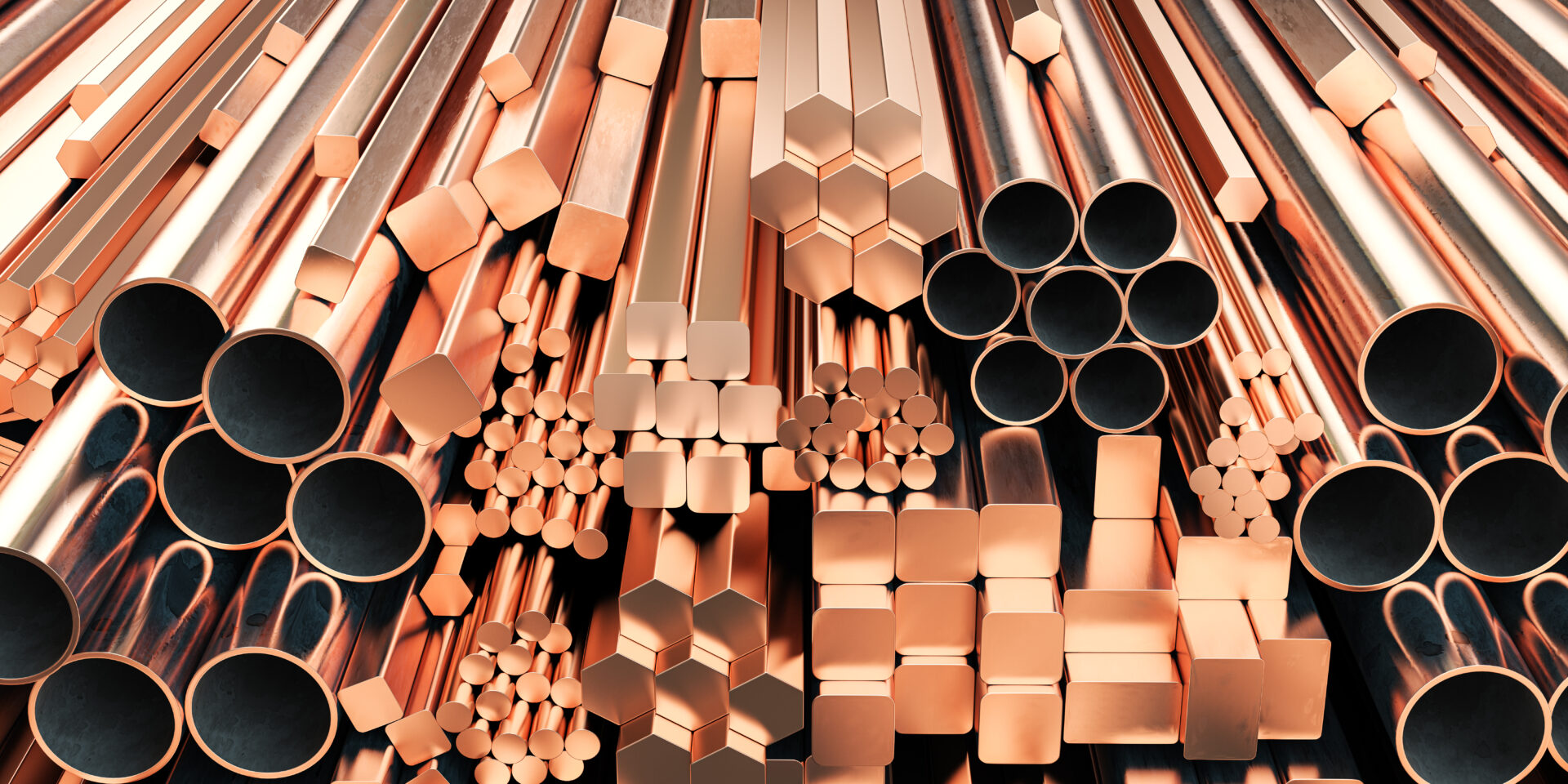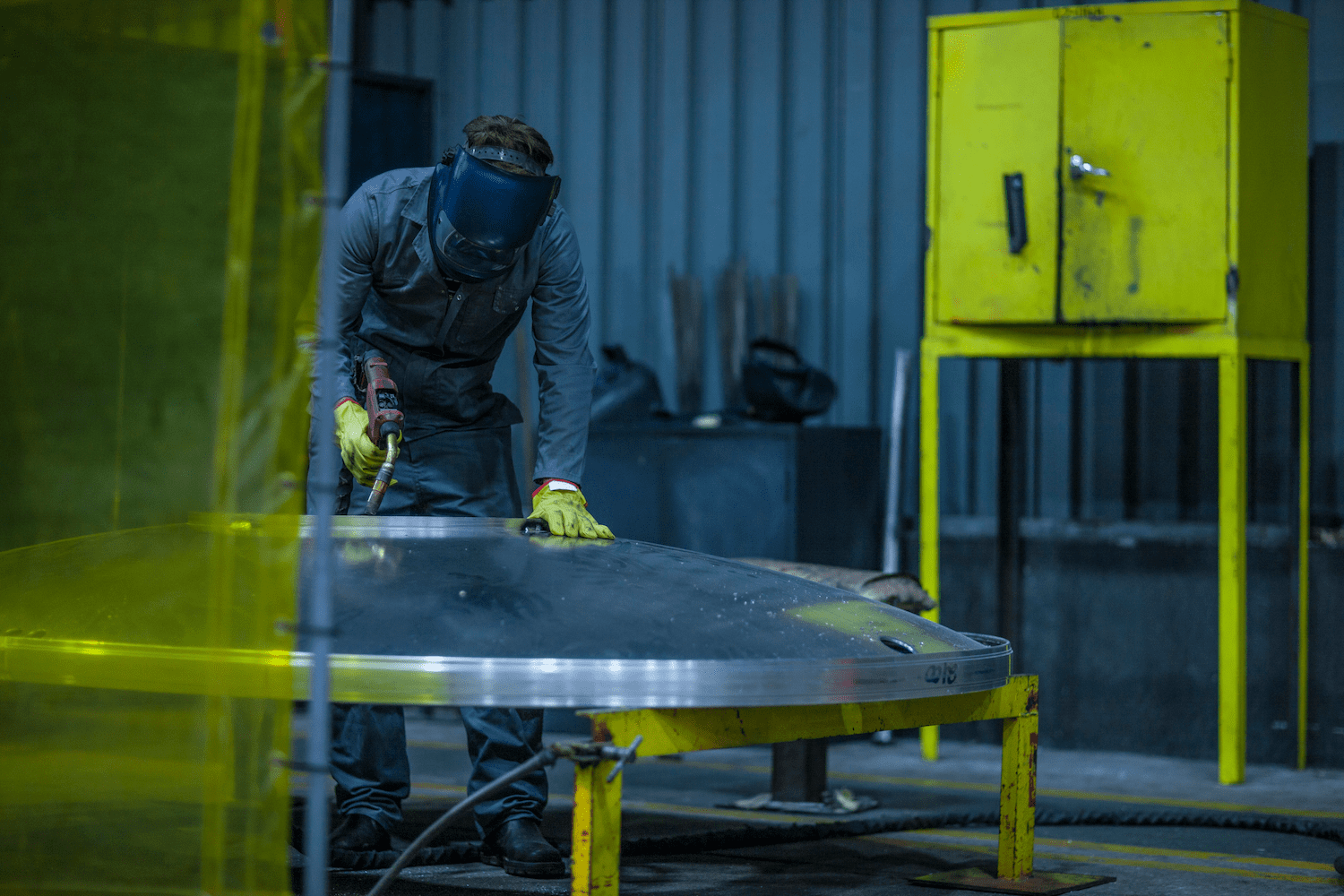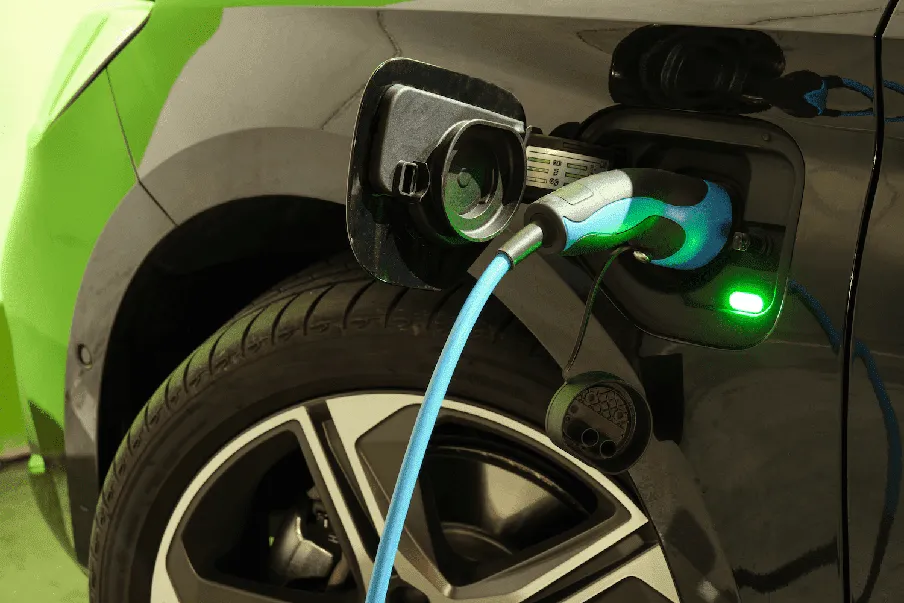
Scrap recycling equipment is getting smarter.
The concept behind the recycling of scrap metal is straightforward: there are still a lot of valuable parts in scrap that, when effectively recycled, can be resold to buyers for use in making new products.
So what seems like scrap junk that belongs in a landfill actually still has a lot of usefulness and practicality.
And today scrap metal recycling is getting a boost because of the ability of recyclers to deliver a strong product to buyers.
And one of the ways they accomplish that is through the use of SBLs in recycling.
SBLs, which stands for shear/baler/loggers, is a category of heavy-duty machine engineered specifically to provide scrap recyclers with the versatility to process both heavy metal materials and light metals.
That creates logs, bales or sheared-to-length material ready for buyers.
It demonstrates the efficiency of bringing scrap metal to recyclers and shows why recycling is always a better option than taking scrap to the junkyard.
What is SBL and How Does it Help Recycling?
The scrap metal recycling industry is about providing superior products, by using superior equipment. The SBL is a good example of that.
The SBL is fed ferrous or non-ferrous metal. It gets reduced to the right size for compression into a log, then cut to length by the shear or compressed into a denser bale.
Logs, bales or sheared-to-length material are expelled and ready for transport. Today, SBL equipment is automated, mobile, and highly efficient. It’s also a reminder that the scrap recycling industry is getting increasingly innovative.
And the latest shear/baler/loggers offer scrap metal recyclers plenty of versatility to process metal materials.
SBLs models can be stationary, portable or mobile. They’re built with high-strength steel structures and engineered to perform in extreme conditions.
More importantly, SBLs today use sophisticated software, electronics, and hydraulics. Some use remote-controlled operations offering enhanced safety and machine monitoring features. The maintenance is simplified as well.
The portable and mobile units are easy to load onto a trailer for transport, can be quickly set up, without the need for a foundation. Both portable and mobile SBLs are versatile in that they can effectively handle heavy ferrous metal and non-ferrous light metals.
Portable SBLs has become increasingly popular, and that’s expected to grow due to the financial savings they offer.
SBLs are available in diesel or electric-drive, designed to be self-contained. A shear/baler/logger can provide the versatility of three machines in one, depending on the tonnage of scrap a recycler acquires, and the cutting force needed for that material.
Why is This Important?
In today’s competitive global market, recycling facilities need to have material prepared and ready to ship into the market, quickly. SBLs help by being capable of producing the right tonnage needed for production.
Changing markets mean scrap recyclers need versatile scrap processing equipment offering them the ability to rapidly adapt to market changes. But this is about more than just efficiency.
Advanced equipment that allows scrap recycler to operate more efficiently and to deliver a superior product to buyers has a lot of benefits far beyond the company’s bottom line.
The more successfully a recycler can process scrap, the greater the likelihood that they can demonstrate why it’s important for everyone to recycle.
Recycled metals offer a strong economic benefit. The industry creates thousands of jobs and pumps tax revenue back into state and local economies. They also help lower the cost of manufacturing new products.
Recycling metal is considerably less costly than having to create new metals by mining for virgin ore. Mining is a far more expensive proposition that also uses up more energy and is far more taxing on our natural resources.
Recycling metals, on the other hand, is considerably more energy efficient and does not harm our water or the land where mining would take place.
But this isn’t just about economic incentives to recycling.
How Does Recycling Help Our Environment?
Recycling is a way to help keep our environment clean. It’s that simple.
Scrap metals contain toxic chemicals like mercury and lead. If scrap is hauled off to the junkyard and left there, those toxins can leach into the soil and pose a contamination risk to the land and water nearby.
On the other hand, recycling scrap eliminates that risk. Instead, the metals are processed by experienced teams and then made into metals that can be used for new manufacturing. The environmental threat is gone.
That’s a key reason why investments in new technology within the recycling industry are so important. Every step that makes the processing of new metal for manufacturing helps to demonstrate that scrap recycling not only addresses series environmental challenges if we treat scrap as junk, but it also makes a stronger argument altogether for additional investments in recycling technology.
Success is a great motivator, and today the scrap recycling industry is demonstrating they operate efficiently through sophisticated equipment.
To sum it up, the significant benefits of scrap metal recycling include:
- Job creation (over 450,000 jobs in the U.S. alone)
- Generating significant amounts of tax revenue ($10 billion in revenue for state governments)
- Saving energy
- Providing for the conservation of natural resources
- Far less use of fossil fuels than mining for virgin ore
- Preventing scrap from getting into landfills
Scrap metals are the most commonly recycled and reused commodity in the world. The recycled materials that the industry processes into raw material each year gets used for manufacturing around the world and the United States has exported more than $20 billion worth of scrap commodities.
And any upgrades in equipment not only helps create a superior product, but also demonstrates the contribution this industry makes – economically and environmentally.
Conclusion
Today, researchers and companies that specialize in recycling are looking for innovative ways to make the process of separating metals and their individual components more effective and less costly.
Those innovations hold out the possibility of significantly boosting recycling rates, which is a major contribution to our environment.
In the meantime, we all still have a role to play, and there continues to be a strong need for more consumers and businesses to bring their used scrap to an experienced firm like GLE Scrap Metal, which performs environmentally-friendly processing and recycling of all base and precious metals.
This family-owned and operated business will purchase, process, and re-integrate all recyclable base metals, which are supplied to domestic mills and global end-users to be transformed into new products.
To learn more, call GLE Scrap Metal at 855-SCRAP-88 and request a quote.



